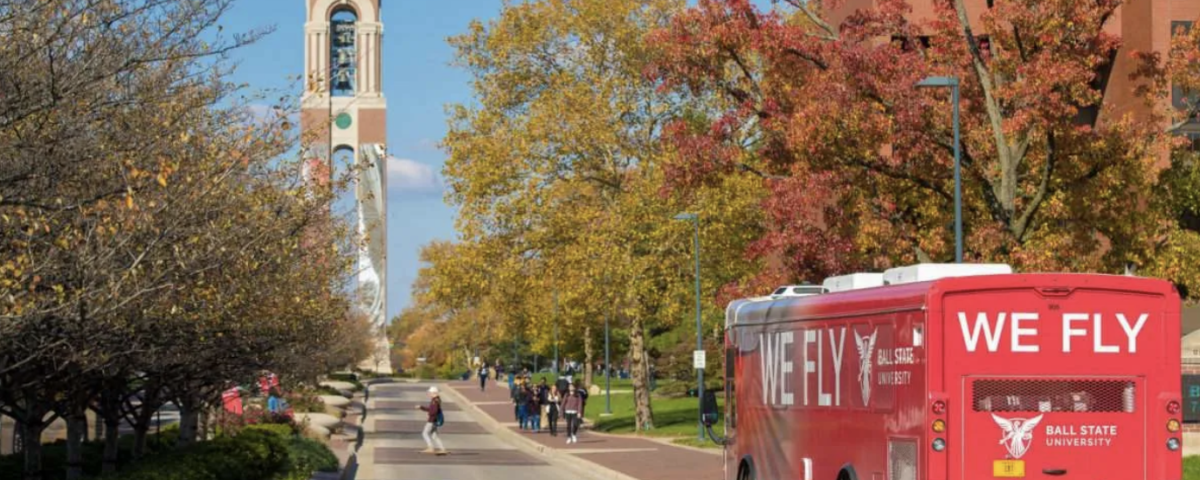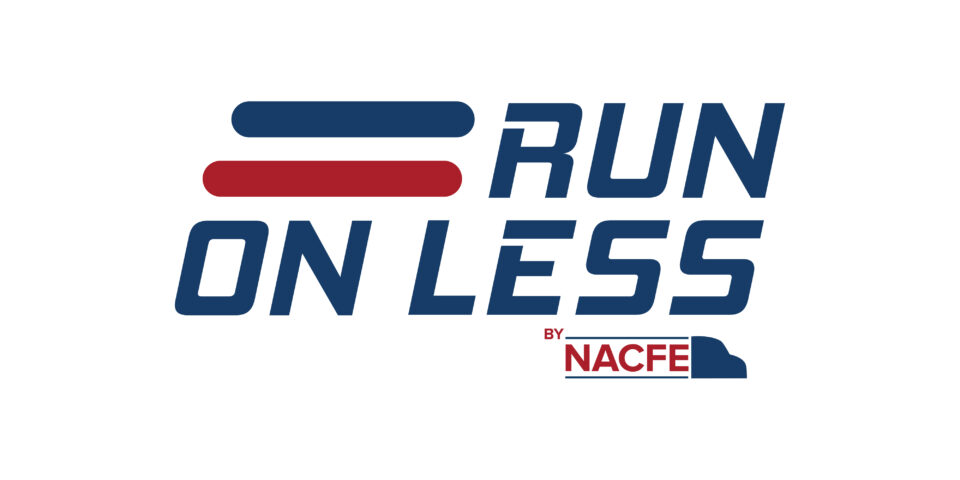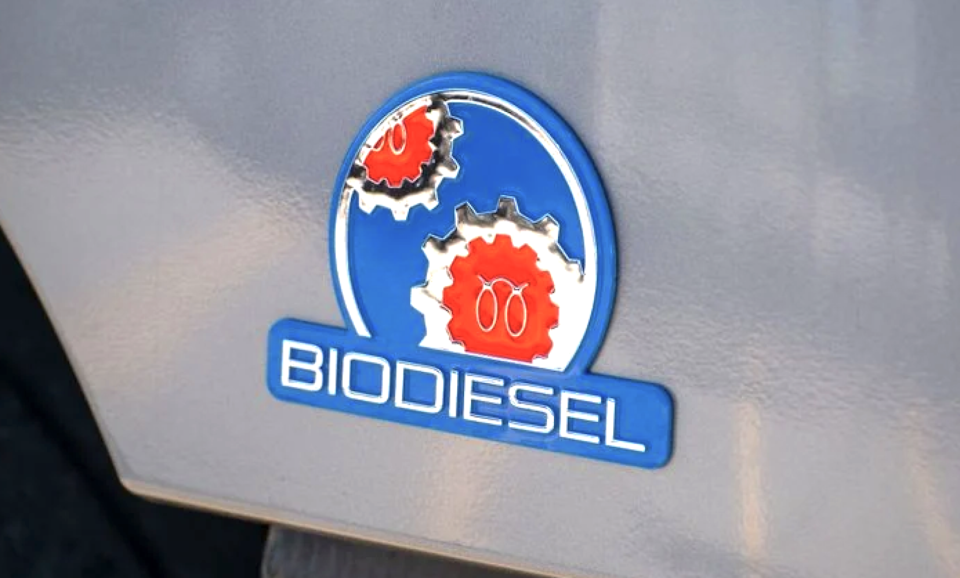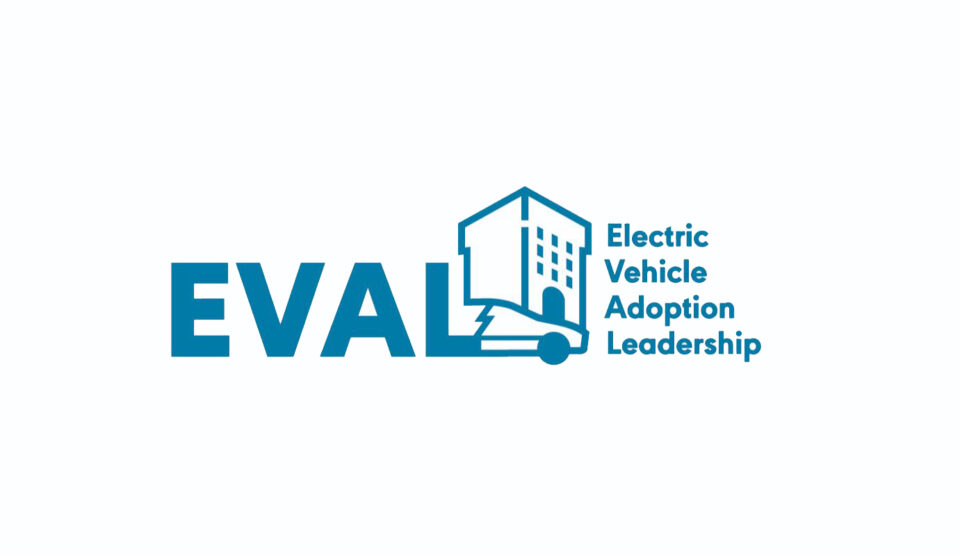B20 Club Member Spotlight: Ball State Striving to be Carbon-Neutral by 2030

With a campus-wide goal of becoming carbon-neutral by 2030, Ball State University in Muncie, Indiana, depends on several options and technologies to reduce harmful vehicle emissions. When it comes to fueling diesel vehicles, Ball State is all-in on B20 biodiesel to help achieve carbon-reduction goals. The cleaner-burning, renewable fuel runs the university’s 31 shuttles, buses, delivery vehicles, pickups and work trucks.
“Our fuel choices are an important part of our campus environmental goals,” Brian Naylor, Ball State University fleet maintenance supervisor, said. “B20 is a win-win from any perspective. Its environmental benefits fit university goals and fit with our students’ goals for a cleaner today and tomorrow. I don’t see any downside.”
B20 integrates seamlessly into the campus fleet operations, according to Bruce Piner. As supervisor of bus operations, Piner oversees Ball State’s fleet of shuttles and buses that provides nearly 1 million rides to passengers per year.
Each shuttle seats 24 to 30 people and can accommodate up to 50 with standing room only between stops. Larger buses transport students to off-campus athletic events and field trips.
“There is nothing we have to think about or do differently with B20. It doesn’t change our maintenance profile and we have no fuel problems related to biodiesel,” Piner said. “It is cleaner than regular diesel and less aromatic so it’s more pleasant when working in the maintenance shop.”
Find out more: View the original article.




